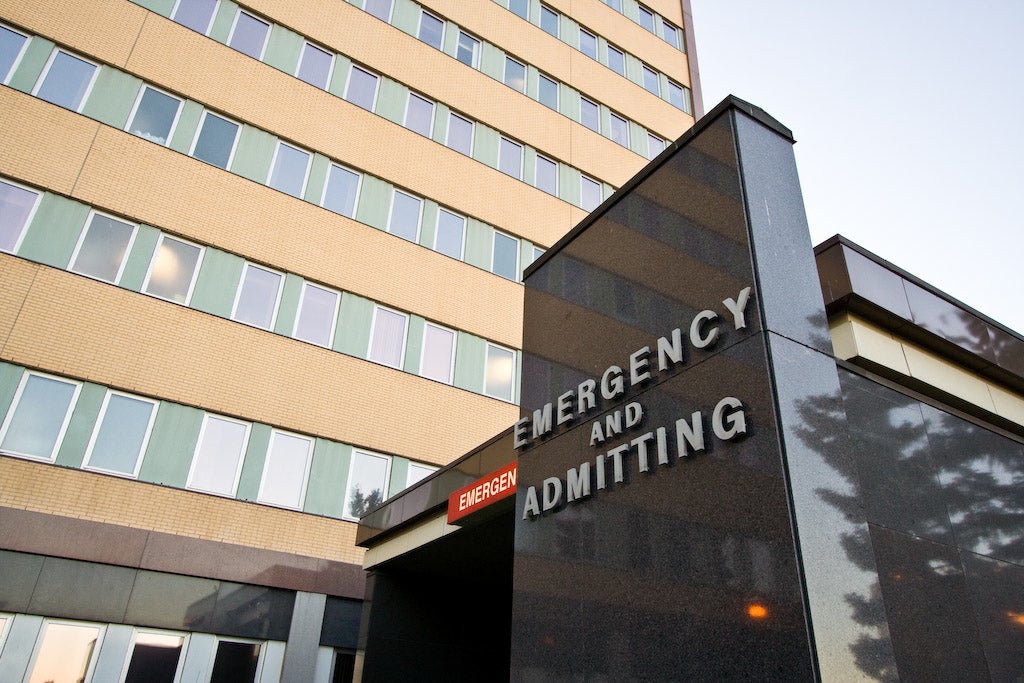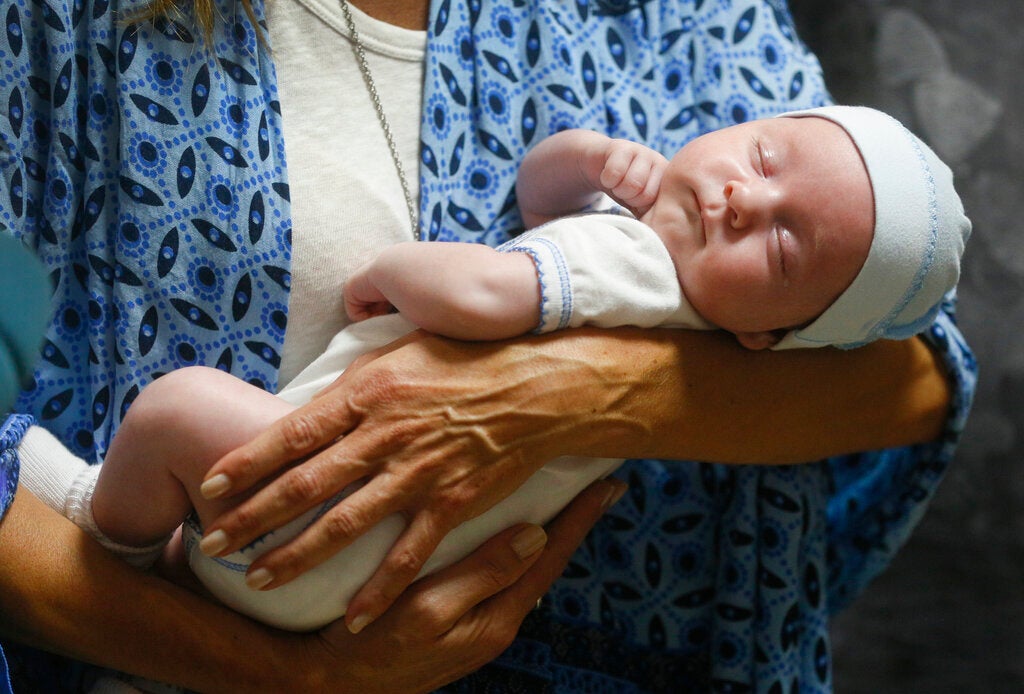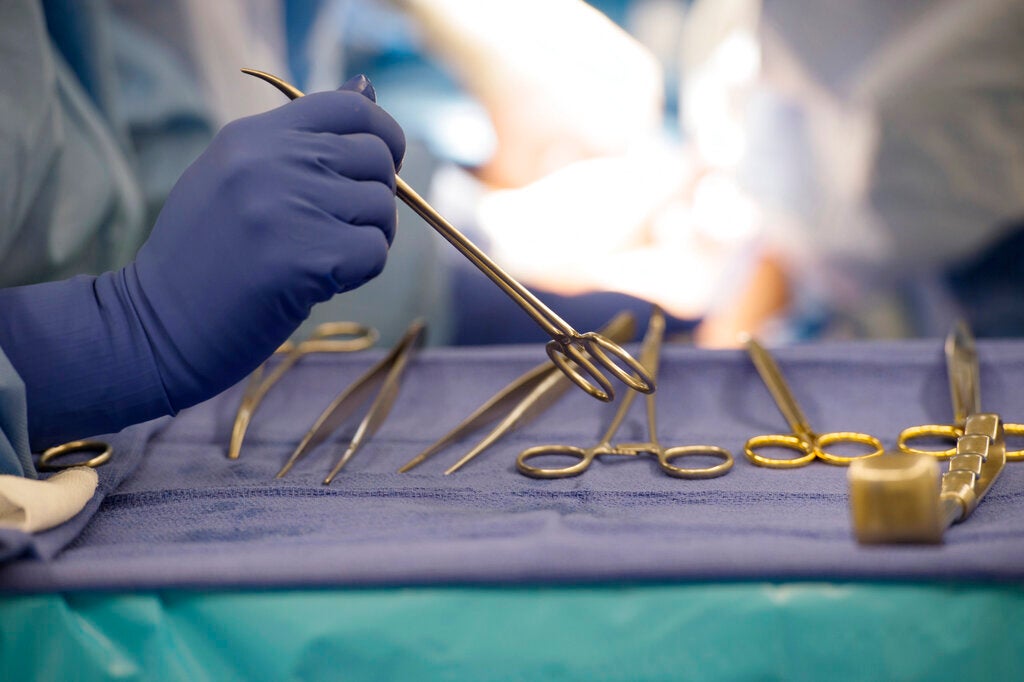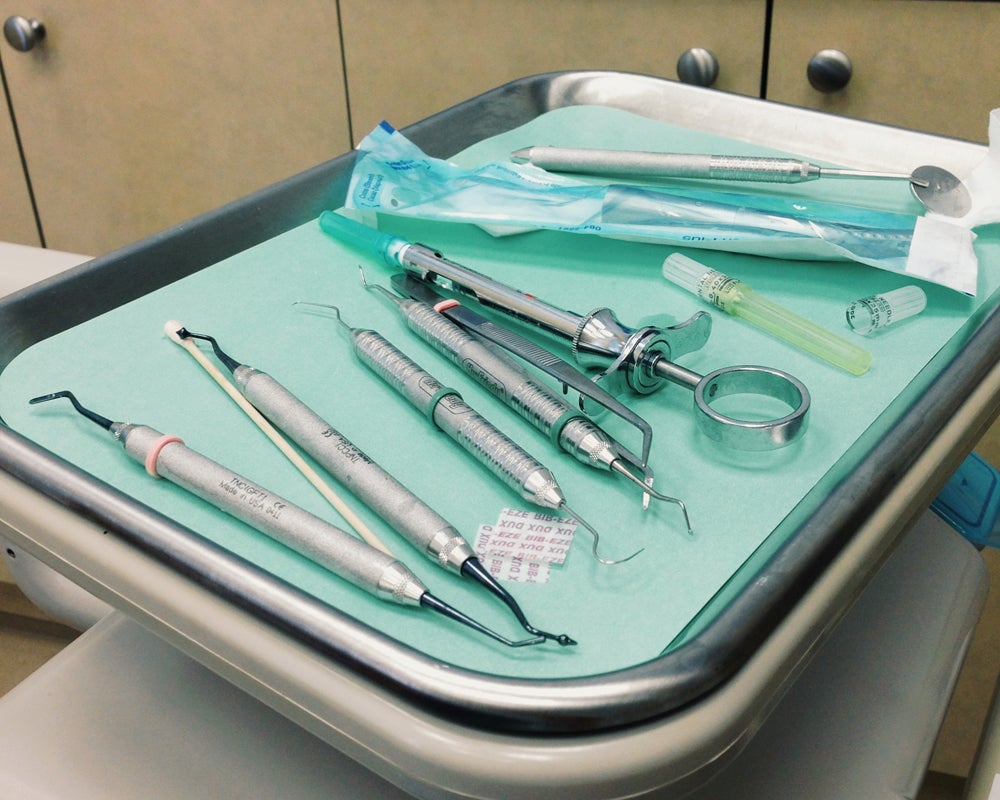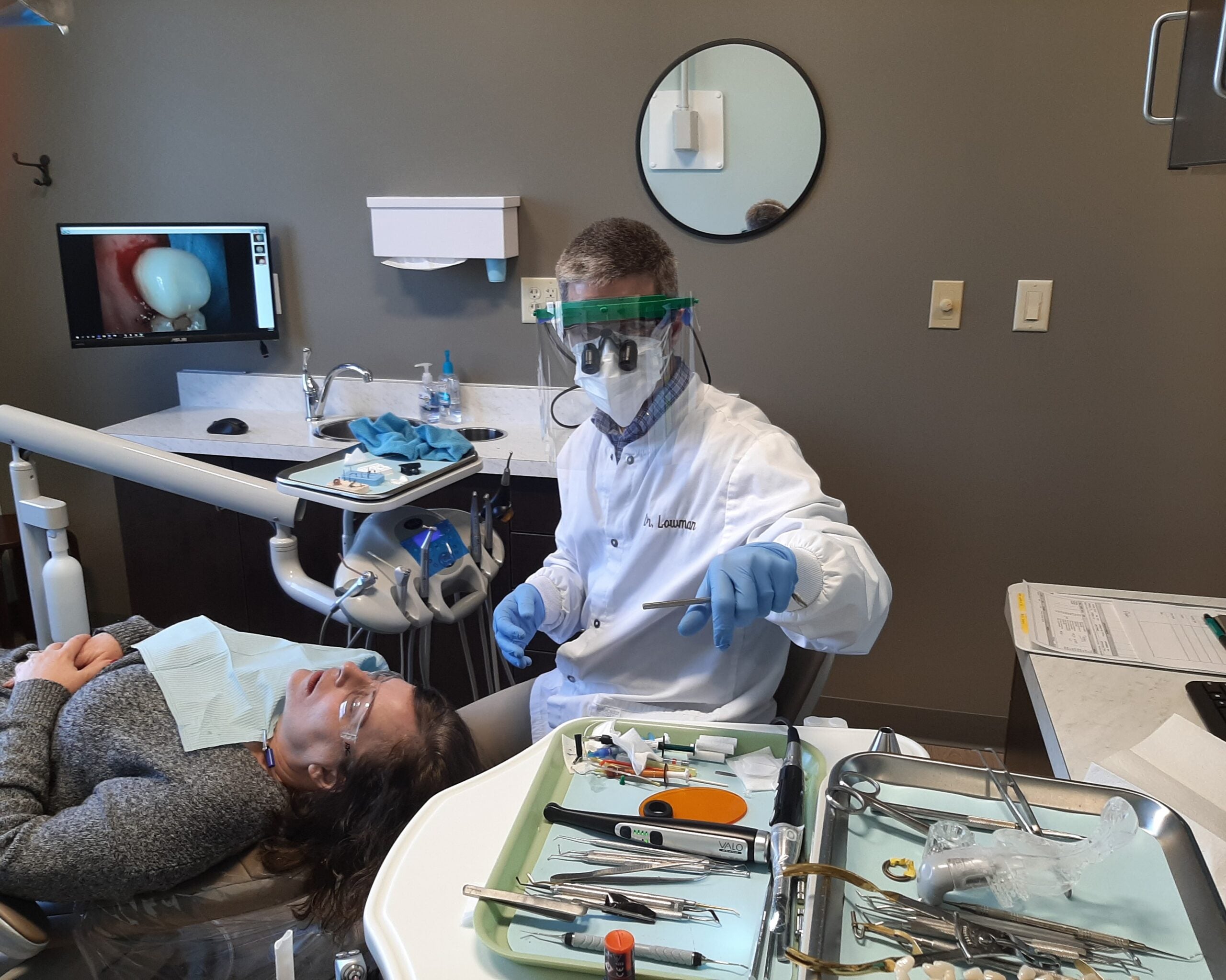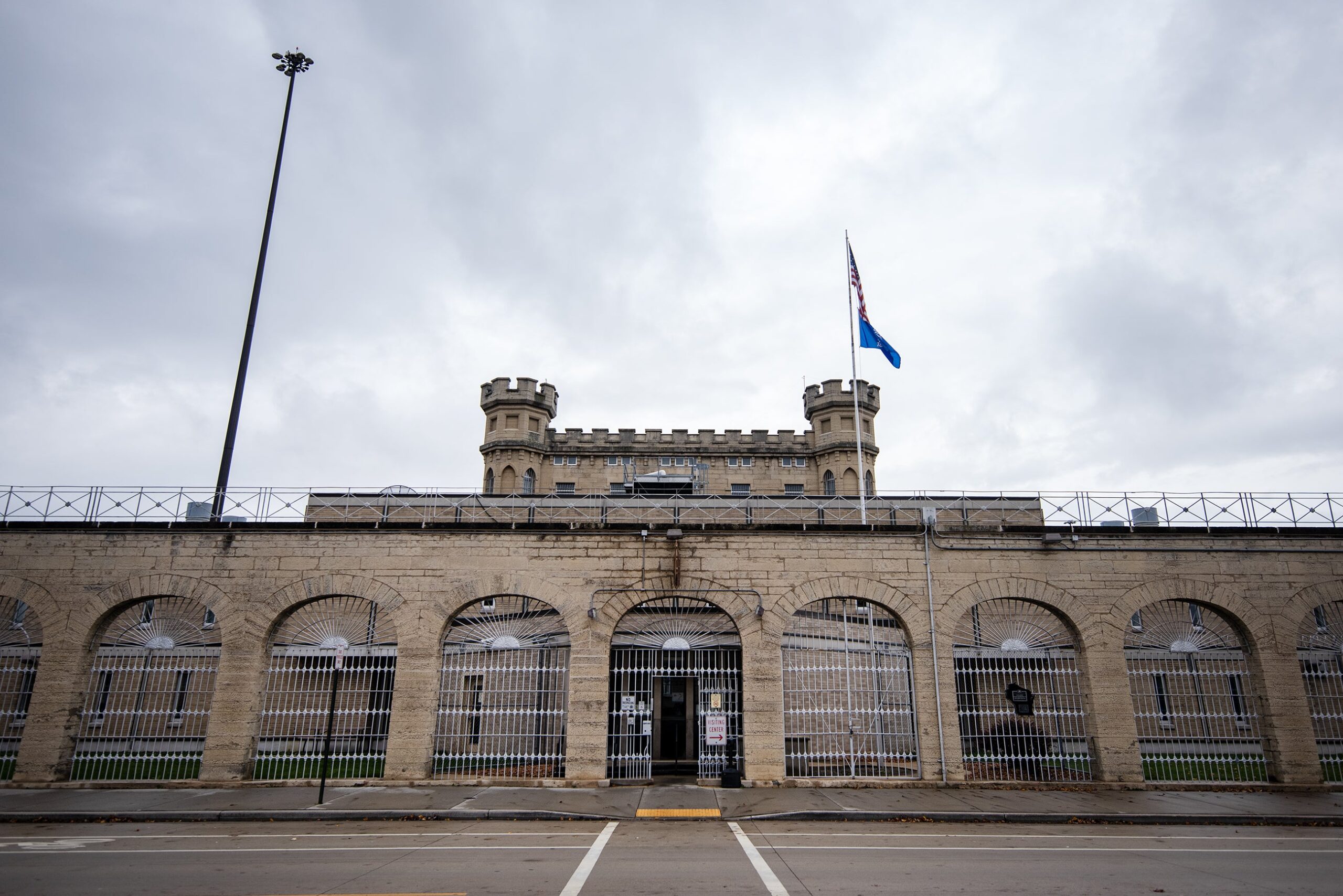Dane County is seeing mixed results in its efforts to reduce reliance on hospital emergency rooms for dental problems, according to a new report from local health officials.
Connecting patients with treatment elsewhere, for less money, is an issue across the country, and one Dane County has been trying to tackle since 2010.
Data out Monday from Public Health Madison & Dane County shows fewer patients with tooth problems are showing up at ERs and urgent care centers in Madison, but the news isn’t all good.
Stay informed on the latest news
Sign up for WPR’s email newsletter.
“The numbers here are both very discouraging and encouraging,” David Gunderson, a Madison dentist and president of the Oral Health Coalition of Dane County, said. “They’re discouraging because we still have thousands of people in Dane County alone showing up in emergency rooms and urgent care centers. Encouraging because we’re making progress.”
In 2015, there were 456 fewer dental cases in the ER and 770 fewer patients with tooth pain in urgent care centers, according to the report.
The report says in 2010 there were 2,549 patients going to local emergency rooms for tooth pain. In 2015, there were 2,093. Urgent care centers saw a greater decrease: 3,211 in 2010 to 2,141 in 2015.
Although dental-related ER visits went down, costs went up. In 2015, there were $2.5 million in emergency room charges for non-traumatic dental visits compared to $1.6 million in 2010 at Madison’s three hospitals.
“Untreated and undertreated dental pain represents a major hidden epidemic in Dane County with profound personal and financial impact,” said Dr. Philip Bain, division chief of internal medicine at SSM Health Dean Medical Group, in a press release issued by Public Health Madison & Dane County.
“If a patient has a tooth rotting in her mouth, she often can’t work, care for her children or even sleep. Tooth pain and infections have a significant impact on people’s lives and can lead to more significant health problems if un- or undertreated,” Bain said. “Patients often present to ERs or urgent care because they feel like they have nowhere else to turn. This is inefficient, expensive and delays definitive treatment.”
Bain is also part of the Oral Health Coalition, which consists of doctors, dentists, public health officials and community leaders. The coalition aims to reduce ER visits and direct patients with tooth pain to more appropriate care.
The Madison Dental Initiative provides care for under- and uninsured Dane County residents. The clinic is housed at the Salvation Army in Madison, and takes patients referred from local emergency and urgent care clinics.
The coalition not only seeks to redirect care but reduce opioid abuse and overuse of antibiotics. Patients coming to the ER may get opioids to relieve tooth pain or antibiotics to treat infection. The report this week did not include opioid prescribing data.
Wisconsin Public Radio, © Copyright 2024, Board of Regents of the University of Wisconsin System and Wisconsin Educational Communications Board.

